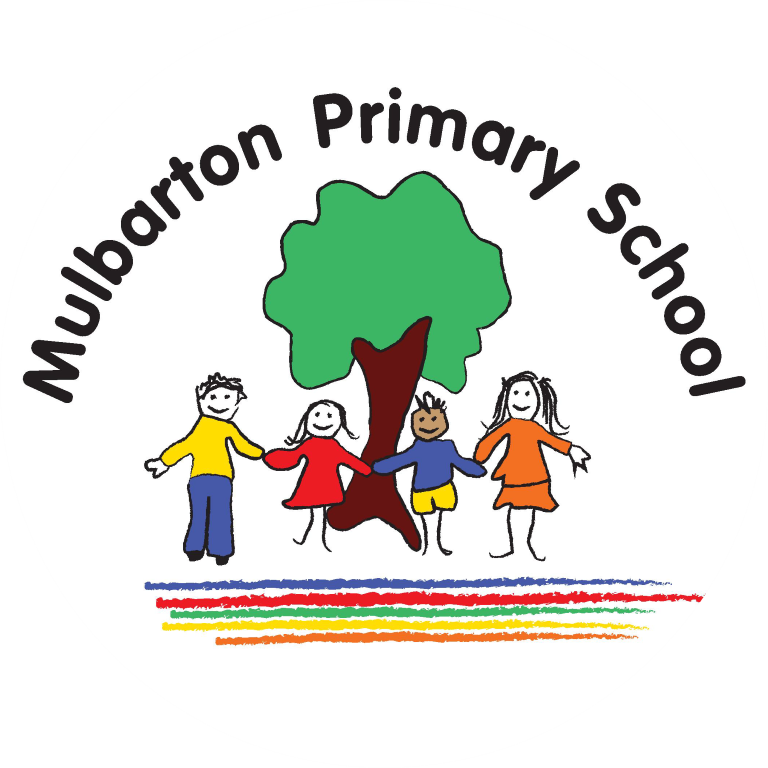English
What does English at Mulbarton Primary School look like?
We aim to inspire children to read and write; to enjoy literature as well as communicate. Children are exposed to a wide variety of texts as part of our English curriculum, some of which are linked to topics in other areas of the curriculum. We value the importance of reading aloud to children, to inspire reading for pleasure.
We hold several events throughout the academic year to celebrate and share our English learning, such as reading and writing Cafés and World Book Day activities.
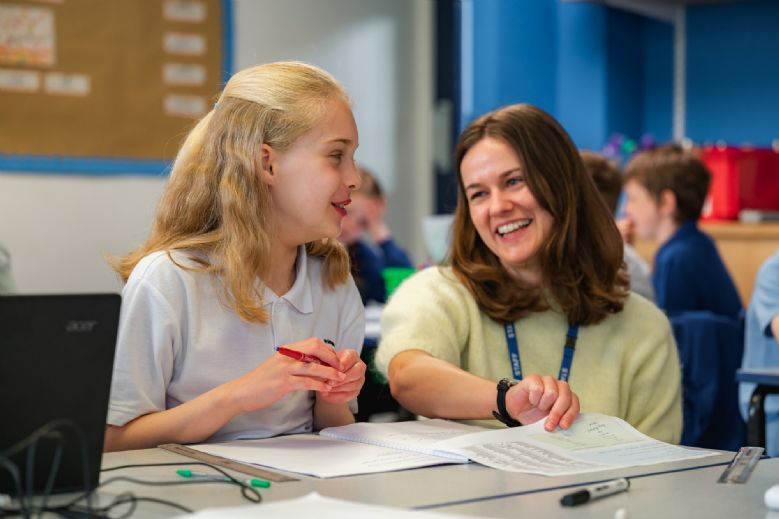 |
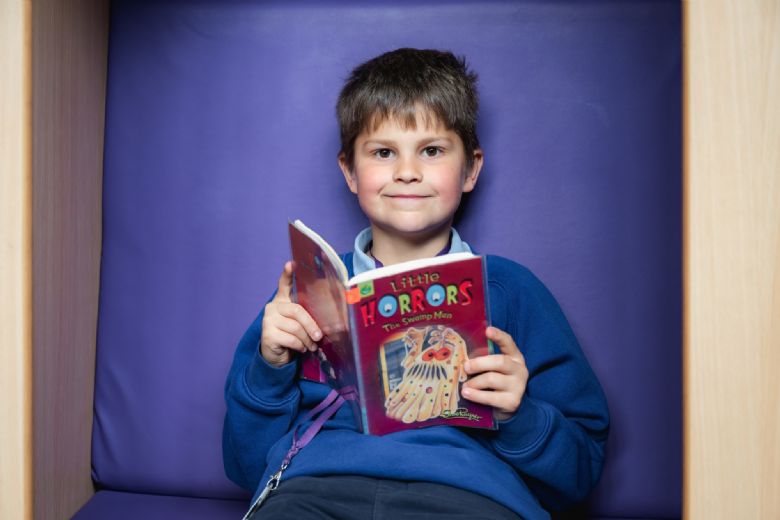 |
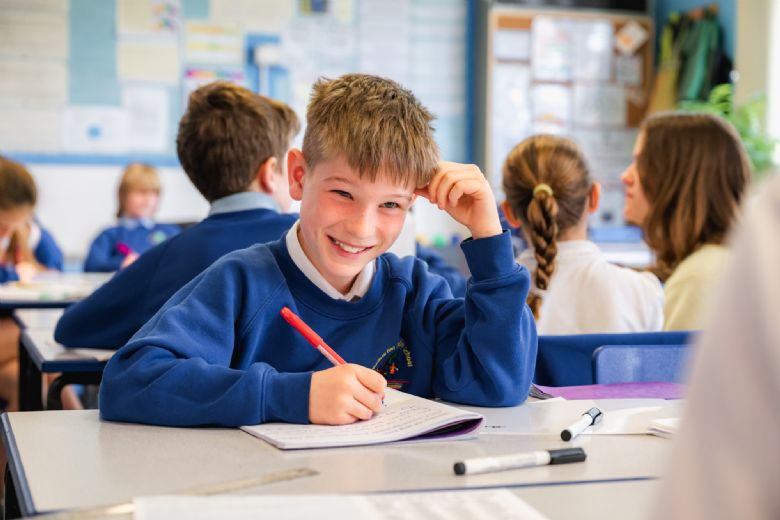 |
Spelling:
In key stage 2 children have at least one spelling lesson per week, as well as activities to support this learning throughout the week. In early years and key stage 1, children have daily phonics lessons, moving onto spelling lessons during year 2. All spelling patterns from the English programmes of study – appendix 1 are taught in the relevant year groups. We use the Rocket Phonics scheme for all phonics teaching.
Phonics:
We use Rocket Phonics to teach phonics in lower school, beginning in the third week of reception year. Children have daily half-hour lessons as a whole class.
Grammar and punctuation:
Grammar and punctuation are taught through English (and other subject) lessons in context. In kS2 discreet lessons are sometimes taught in addition – as early work, whole lessons or warm up activities. We teach content according to National programme of study appendix 2, in the relevant year group and constantly revisit learning from previous years.
Writing:
Children learn to write for purpose, using Pathways to Write to support all teaching and learning. Each unit of writing is based on a quality text and incorporates learning grammar appropriate for the writing purpose. There is an emphasis on modelling writing, whilst children are learning, moving toward more independence within each unit of learning.
All children write completely independently at least once every half term to apply the skills from recent learning; this writing is used to assess progress and set next steps.
We often provide inspiring hooks for writing. Some examples have included; the arrival of a dinosaur egg, a spaceship crash landing site, a visit from an alchemist, a mystery trapdoor, and a collection of scrap metal from The Iron Man.
Handwriting:
In reception and year 1 we teach letter formation, using print, moving to cursive formation in year 2 and throughout KS2. We teach whole class handwriting at least once per week, throughout the school, using Letterjoin, and more often for younger children. Children identified as needing more practice with handwriting have opportunities for additional practise 1:1 or in small groups.
Reading:
Our reading intention at Mulbarton is to provide a wide, rich and diverse selection of texts to grow children’s love of reading, so that children can become confident, fluent and enthusiastic readers. Every class has an inviting book corner to draw readers in; we use drama to inspire imagination around books. Children have regular access to our 2 libraries, where they are able to browse and borrow from a wide range of books. We place great value on reading aloud to our children; reading daily where possible from a class book/picture books/POR chapter book, as appropriate.
Until children have fully developed decoding skills, reading is taught through Rocket Phonics, using de-codable books. In KS1, children have the opportunity to read 1:1 with an adult once a week and as part of a guided reading session. In KS2, children have a weekly whole class guided reading session, to support fluency and comprehension skills. The children who attain within the lowest 20% of readers, within each year group, read with an adult daily to support them in accelerating their skills.
We have a number of volunteer Reading Champions from our local community who come in to hear children read.
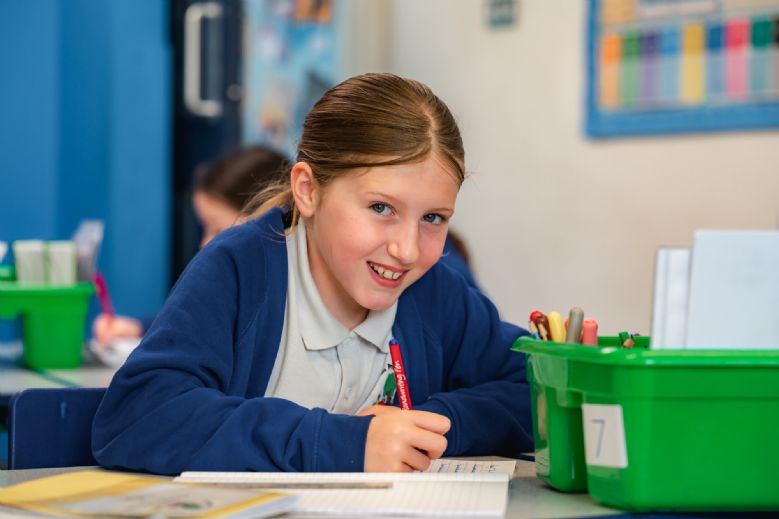 |
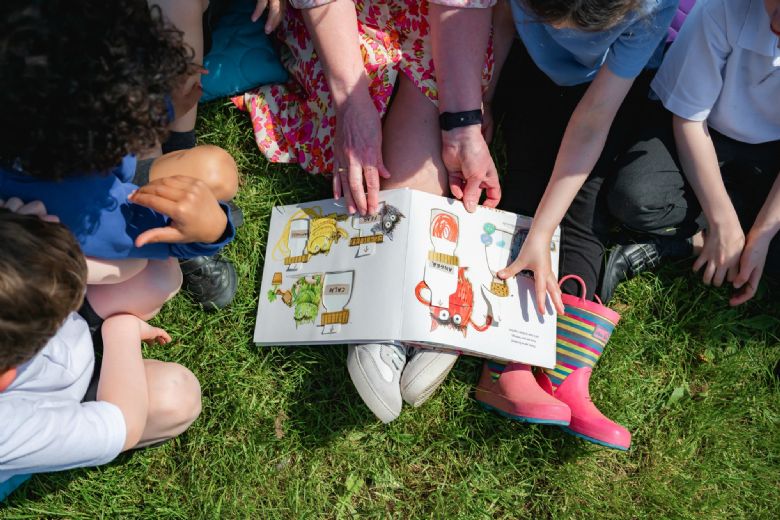 |
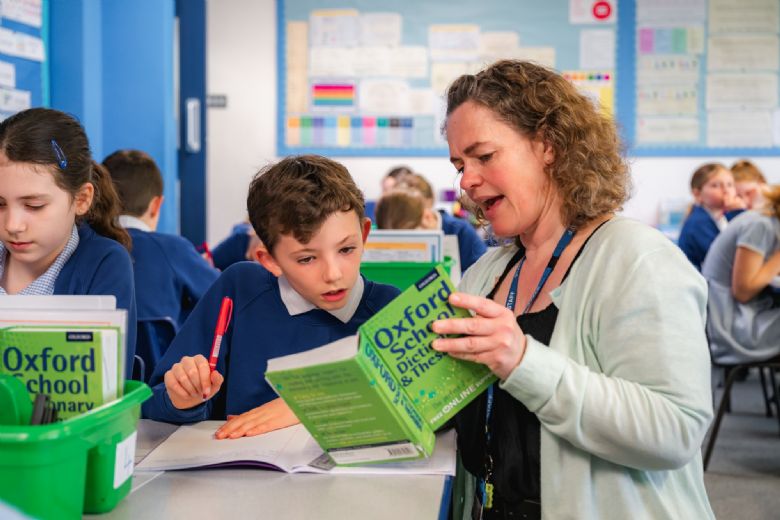 |
